Biomedical Artificial Intelligence & Computation

Objective
To expedite research by simulating and investigating the behavior of complex systems using mathematics, physics and computer science.
Technologies
- Multiscale modeling from the molecular level to whole organ scale
- Biochemical models of metabolism
- Virtual physiological models of organs and vasculature
- Using AI to identify disease trends and health patterns
Applications
- Cellular and physiological metabolism simulation (Nagrath, Jensen, Chandrasekaran)
- Blood flow simulation (Nordsletten, Figueroa)
- Flow of liquid medication in human lungs (Grotberg)
- Simulation of drug delivery, surgery and treatment (Grotberg, Chandrasekaran, Figueroa, Nordsletten)
- Infectious diseases and Immunology (Arnold, Chandrasekaran, Jensen)
- Biophysical simulations of cells and proteins (Sept)
- Neural Imaging and Engineering (Liu, Draelos, Lempka)
Courses Offered
- BIOMEDE 350 Intro to BME Design
- BIOMEDE 487 AI in BME
- BIOMEDE 517 Neural Engineering
- BIOMEDE 599 Comp Tools for Genomic Technologies
The Healing Power of Big Data
The University of Michigan Health system serves 2.1 million patients a year, generating a tremendous amount of data that can reveal hidden trends and health patterns. With the university’s computational resources, we can model tissue structure and function from the molecular to the whole-organ scale to better understand things like the flow of ions in cells, blood in arteries, and air in the lungs.
Michigan’s Advanced Research Computing — Technology Services external link provides U-M researchers with advanced computing resources, including:
- A shared computing cluster, Flux, with more than 16,000 cores
- A Hadoop cluster for data-science research
- Cloud computing services
- Regional and national high performance computing and network resources
Core faculty labs that develop computational tools
- Kelly Arnold, Ph.D.
- Sriram Chandrasekaran, Ph.D.
- Anne Draelos, Ph.D.
- C. Alberto Figueroa, Ph.D.
- James Grotberg, Ph.D., M.D.
- Paul Jensen, Ph.D.
- Scott Lempka, Ph.D.
- Zhongming Liu, Ph.D.
- David Nordsletten, DPhil
- David Sept, Ph.D.
Core BME Faculty
-
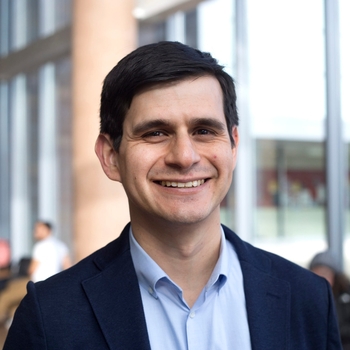
Carlos Aguilar, Ph.D.
-
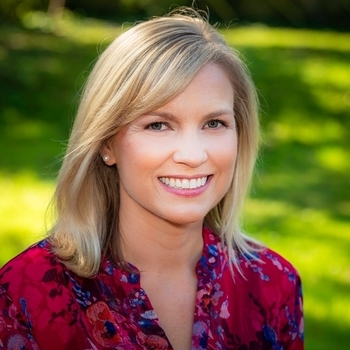
Kelly Arnold, Ph.D.
-
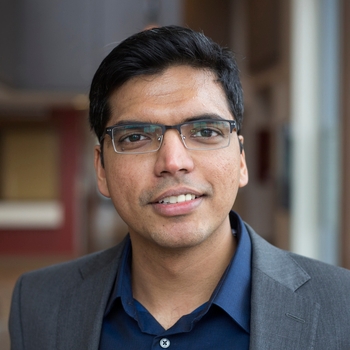
Sriram Chandrasekaran, Ph.D.
-
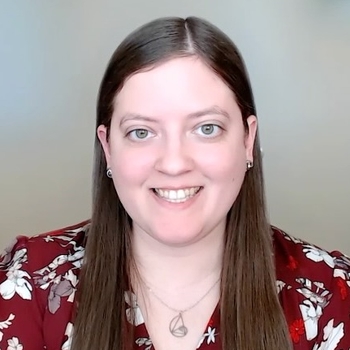
Anne Draelos, Ph.D.
-
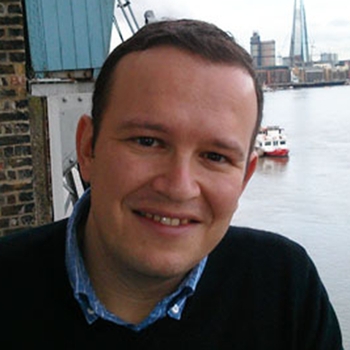
C. Alberto Figueroa, Ph.D.
-
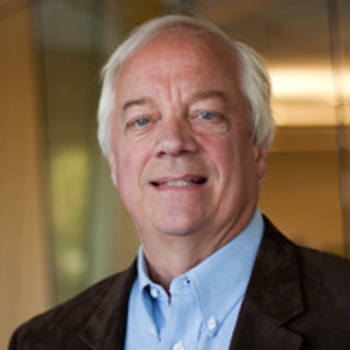
James Grotberg, Ph.D., M.D.
-

Paul Jensen, Ph.D.
-
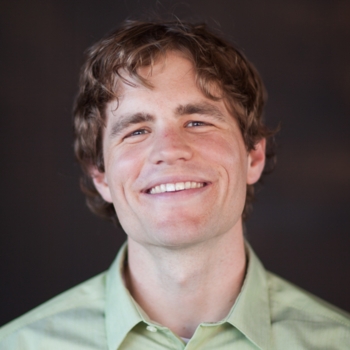
Scott Lempka, Ph.D.
-

Zhongming Liu, Ph.D.
-
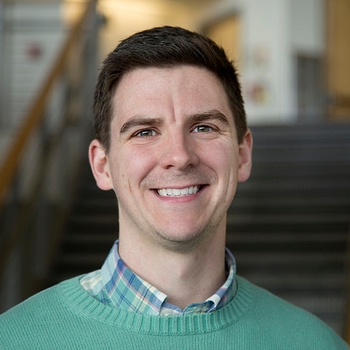
Aaron Morris, Ph.D.
-
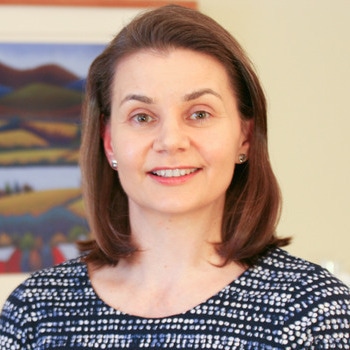
Mary-Ann Mycek, Ph.D.
-
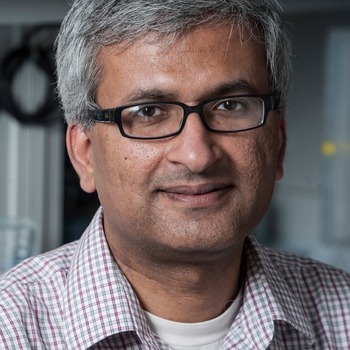
Deepak Nagrath, Ph.D.
-
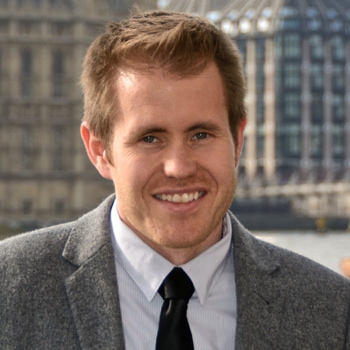
David Nordsletten, DPhil
-
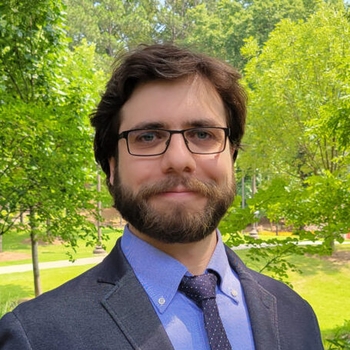
Enrico Opri, Ph.D.
-
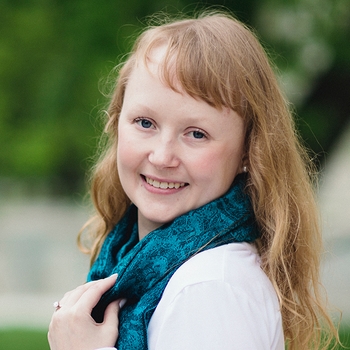
Alexandra S. Piotrowski-Daspit, Ph.D.
-
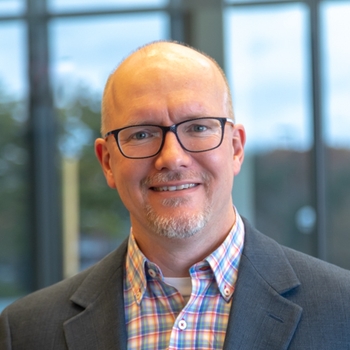
David Sept, Ph.D.
-
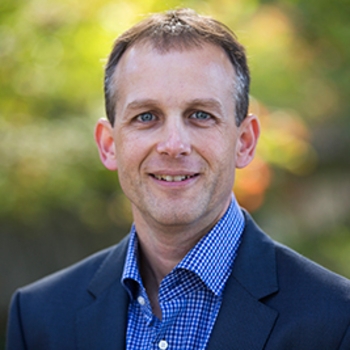
Lonnie Shea, Ph.D.
-
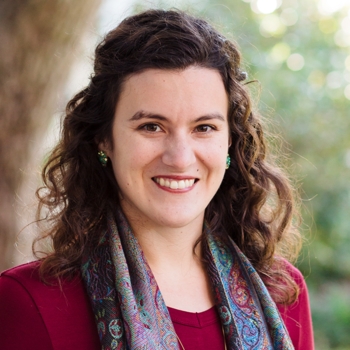
Alison Vander Roest, Ph.D.
-

Kevin C. Zhou, Ph.D.